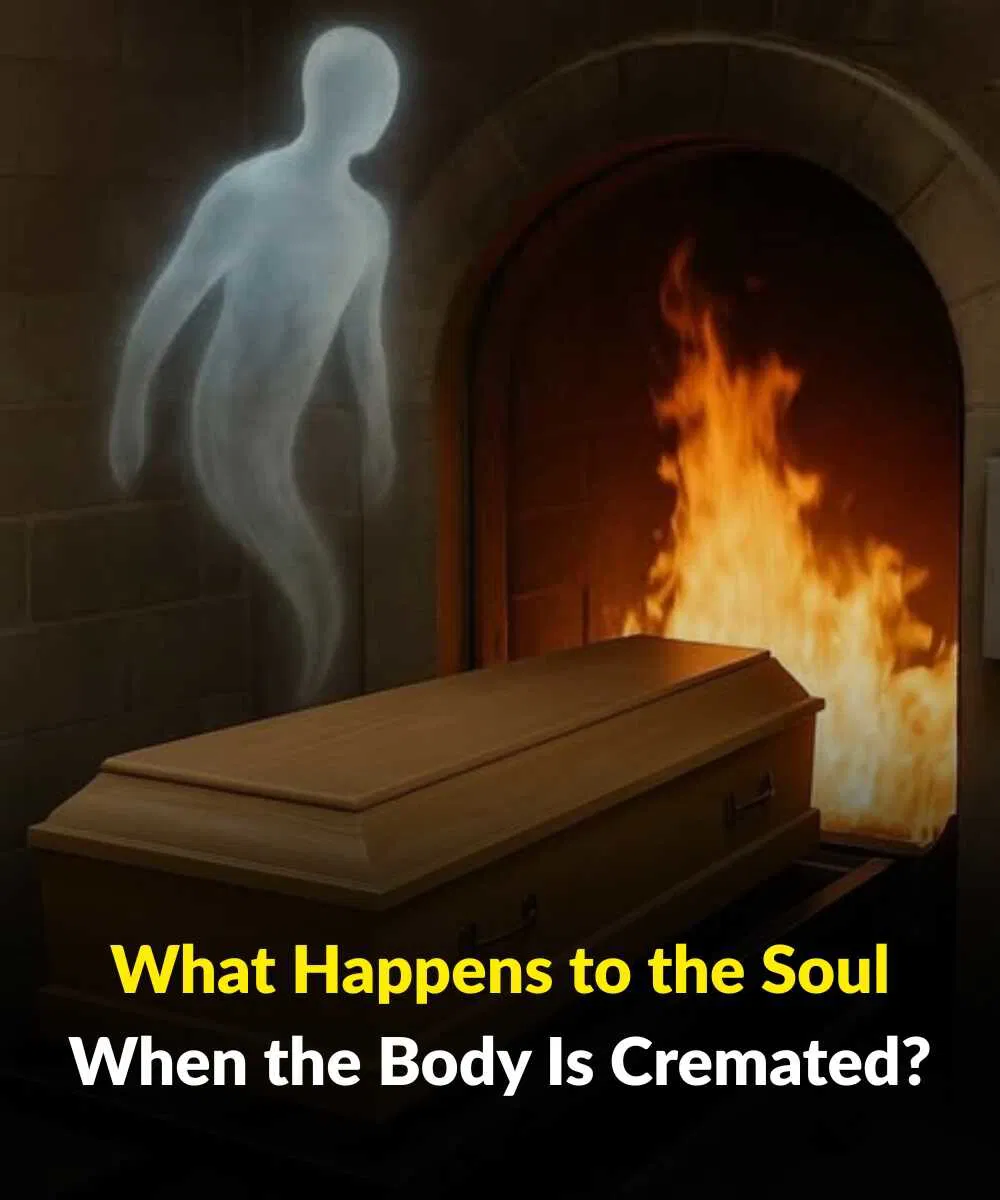The loss of a loved one often brings about profound spiritual reflection. One of the most frequently asked questions is: What happens to the soul when a body is cremated?
The answer varies widely depending on one’s faith, culture, or personal beliefs. While cremation itself is a straightforward physical act, the spiritual significance of what happens afterward has been interpreted in diverse ways for generations.
1. Hinduism and Buddhism: Liberation Through Fire
In Hindu tradition, cremation is the most common method of handling the deceased. The soul, or atman, is believed to be eternal and leaves the body upon death. Cremation is thought to help the soul separate from the physical world and move forward in its spiritual journey through samsara, the cycle of rebirth. Fire is seen as a sacred element that purifies and releases the soul.
Buddhism, though differing slightly in belief, also favors cremation. Rather than a permanent soul, Buddhism teaches that consciousness continues through rebirth. Cremation represents acceptance of impermanence and supports the transition from one existence to another.
2. Christianity: Body and Soul in God’s Hands
Traditionally, Christians—especially Catholics—favored burial out of reverence for the belief in bodily resurrection. However, today many Christian denominations accept cremation, provided it is not used to deny belief in the afterlife.
Christian theology generally holds that the soul is judged after death and enters heaven, hell, or (for Catholics) purgatory. The soul’s fate is determined by one’s faith and life, not by how the body is laid to rest.

3. Islam: Respect for the Body After Death
In Islam, cremation is strictly forbidden. Muslims believe in burying the deceased as soon as possible, treating the body with dignity and care. According to Islamic belief, the soul leaves the body at death but maintains a connection to it until the Day of Judgment.
The emphasis on burial reflects both spiritual obedience and respect for God’s creation. Cremation, seen as a violation of this respect, is avoided entirely.
4. Secular and Modern Spiritual Views
Many individuals today describe themselves as spiritual but not religious, or follow secular philosophies. In these perspectives, cremation is often seen as a return of the body to the elements, without necessarily connecting it to a soul’s journey.
Some believe the soul merges with the universe, transitions to another realm, or lives on in the hearts and memories of others. For others—especially those with a scientific or humanist worldview—consciousness ends at death, and cremation is chosen for personal, environmental, or symbolic reasons.
Final Thoughts: It All Comes Down to Belief
What truly happens to the soul after cremation remains one of life’s greatest mysteries—one shaped by belief, tradition, and personal perspective. For some, cremation is a gateway to the next life. For others, it is a final farewell, or a practical way to honor the deceased.
Regardless of belief system, exploring the soul’s journey after death can bring comfort, hope, and healing during times of grief.




